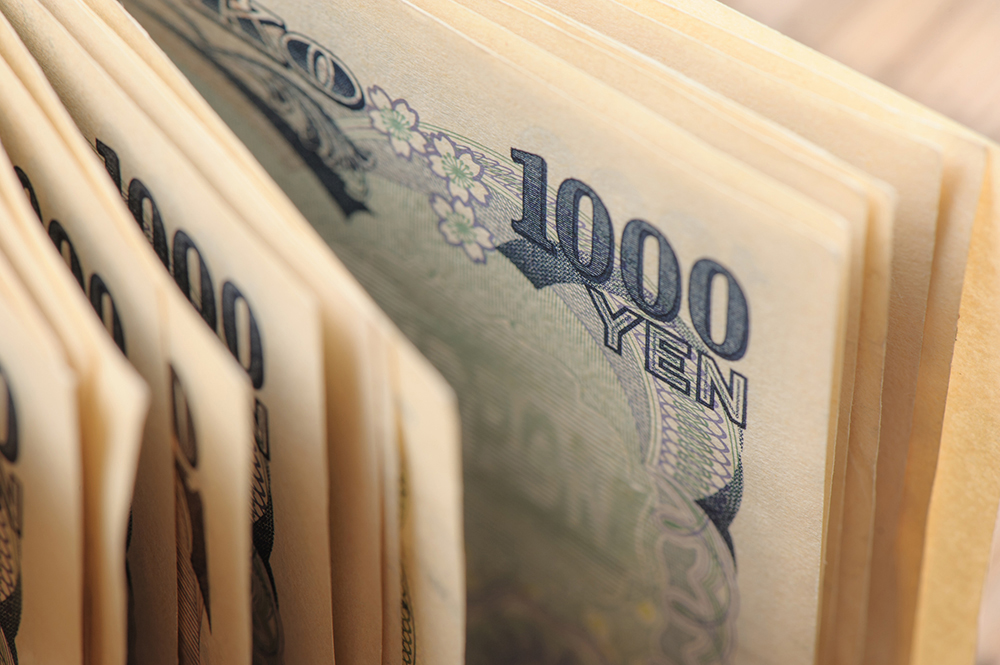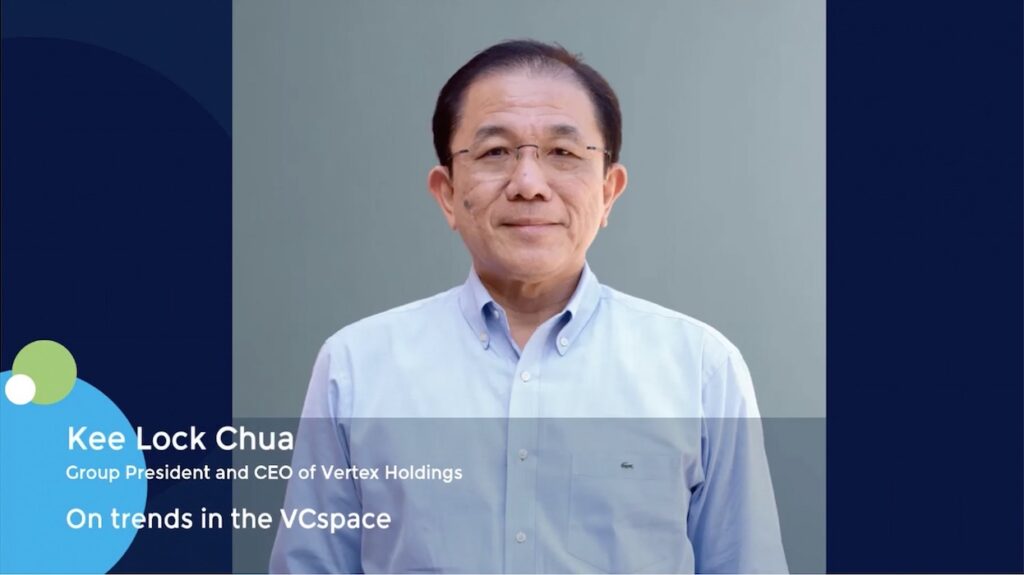GP Profile: BA Capital revamps China consumer thesis
- Changing sector dynamics led to focus on lower-tier cities, high-end experiences
- Relaunch of second US dollar fund conditional on improved market conditions
- Portfolio management efforts include promoting founder self-awareness
China’s declining consumer sentiment, triggered by COVID-19 but felt most keenly since the beginning of 2023, has prompted GPs with exposure to the sector to modify their strategies. For BA Capital, this means targeting extreme ends of the spectrum: high-efficiency businesses focused on lower-tier cities and experience-heavy offerings for the more affluent.
“The most resilient consumer markets are those in county-level cities. Amidst the pandemic, these cities played a vital role in propelling growth in the retail sector, whereas the top-tier cities struggled to keep pace. There is a shortage of supply in these markets, while demand remains relatively stable,” said David He, a managing partner of BA Capital.
“Notwithstanding, we have never stopped evaluating projects that elevate products and enhance user experiences, thereby creating experiential value.”
This bifurcated interpretation of the consumer landscape is far removed from BA Capital’s thesis in 2016. Top-tier versus lower-tier wasn’t much of an issue. The firm backed innovative business models and brands that served young, upwardly mobile consumers: pop culture-themed liquor brand Jiang Xiaobai, toy developer Pop Mart [HKG:9992], and fashion-inspired oatmeal brand Wangbaobao.
He’s outlook was influenced by his experiences tracking the rise of the Chinese consumer, first at growth-stage investor Orchid Asia and then at social media giant Bytedance. Having led strategic investment at the latter, he launched BA Capital with Michael Zhang, a fellow Orchid Asia alumnus, and Feng Chen, a China-based serial entrepreneur.
Chen departed in 2020 to establish Dayone Capital. A BA Capital spokesperson attributed the split to a divergence in investment philosophies: Chen advocated a more diversified strategy incorporating public markets exposure; his co-founders wanted to focus on private markets. The spokesperson described it as a solo departure that had minimal impact on BA Capital’s organisational structure.
An LP in the firm’s renminbi-denominated funds concurred, adding that BA Capital has validated its strategy by delivering exits.
The firm declined to disclose its latest distributions to paid-in (DPI) figures. AVCJ previously reported that the first renminbi fund, which closed on CNY 380m (USD 53m) in 2017, had generated DPI of 1x as of 2022. Fund II – 2020 vintage, CNY 1bn corpus – was on 0.5x. Since then, there have been exits from the likes of Pop Mart, Giant Biogene [HKG:2367], and Laopu Gold [HKG:6181].
These distributions have come through post-IPO sell-downs and they have gone to investors in the US dollar funds as well as the renminbi funds, according to BA Capital.
Addressing uncertainty
The firm is currently deploying its third renminbi fund, which closed on CNY 2.5bn in 2022. LPs on the local currency side include independent fund-of-funds like Oriza FoFs, government guidance funds, insurers, and corporates. The latter range from Hong Kong-based conglomerate Chow Tai Fook Group to portfolio companies such as Pop Mart, bar chain brand Helens, and Nanji E-commerce.
The first US dollar fund launched in 2020, with a final close of USD 255m – comfortably more than the USD 150m target – coming in August of the following year. The investor base features asset managers, family offices, corporates, and high net worth individuals.
A successor fund entered the market, according to LP sources, but the process was put on hold as volatility within China led to adverse fundraising conditions. BA Capital said it would proceed with a launch – or re-launch – once it has reassessed the market situation.
Uncomfortable with the market situation in 2022, the firm didn’t make any new investments. “During the lockdowns, data wasn’t reliable; it was often incomplete and didn’t reflect the reality. For example, many scenarios involved online purchases from home. A company might have good data for 2022, but this performance clearly wasn’t sustainable in 2023,” He explained.
Recognising the pandemic impact on consumption habits would be deep and long lasting, BA Capital intensified its research efforts and started evaluating a wider range of investment opportunities from 2021. Notably, it embarked on a year-long study, in partnership with the Chinese Academy of Social Sciences, that examined 166 consumer enterprises, including 107 listed companies.
There was also a six-month fieldtrip in the second half of 2021, comprising on-site research in 10 county-level cities followed by questionnaire surveys and quantitative analysis of data. The firm visited shopping centres and individual stores to understand the specific retail verticals.
It found a rich variety of business models, yet distribution channels were a fraction of those in top-tier cities in terms of size and sophistication. “The supply side is inadequate and prices are relatively high,” He added. “The lack of strong business models undermines supply chain efficiency in these markets. Improving efficiency is an opportunity in itself.”
Research included living with local families and observing consumption habits across nutrition, education, and leisure and entertainment. A key takeaway was that residents in lower-tier cities have more leisure time than their peers in top-tier cities who work late and may not eat at home. This contributed to more protracted in-store consumption.
“There is a considerable amount of impulse consumption within these stores. Founders must understand how to tap into this impulsive behaviour, which is actually one of their core competencies,” He explained.
Super Ming to Laopu Gold
Once BA Capital resumed investment activity – there have been 42 deals in 2024 to date – it focused on brands and consumer goods. E-commerce platform Aikucun is the one exception.
The firm identified Super Ming Snacks, owner of a discount snack franchise, as a proxy for the distribution and supply chain efficiency theme in county level cities. The company offers snacks, from household brands to no-name brands, at consistently low prices, whether purchased individually or in bulk. For example, Coca-Cola is sold for CNY 1.8 per can compared to CNY 3 in most convenience stores.
BA Capital reviewed over 50 similar companies, but ultimately co-led a CNY 150m Series A round – with local snack giant Bestore [SHA:603719] – for Jiangxi province-based Super Ming in early 2023. Prior to investing, the firm introduced 40 snack brands from its ecosystem to Super Ming
“Franchising unlocks rapid traffic growth, resources, and capital efficiency. This can revolutionize, and disrupt, business models, presenting huge opportunities,” He said. “Adopting a franchising model has also altered the path for entrepreneurs, demanding new skills from founders, including franchise development, profit distribution, and management.”
Franchising is key to bringing economies of scale to discount stores grappling with compressed profit margins. Super Ming recruited its first franchise partner in 2019, surpassed 1,000 in early 2023, and reached 6,000 in June. The company posted revenue and net profit of CNY 2.8bn and CNY 77.3m, respectively, in the first half of 2023. Net profit was nearly the twice the full-year figure for 2022.
Last November, Super Ming merged with industry peer Busy For You to form Mingming Henmang, reasoning that scale would allow it to double down on efficiencies and franchise partnerships. There are more than 12,000 stores across the two brands and the goal is to reach 13,500 this year.
Food Talks [SHE:2582] and Yanker Shop Food [SHE:2847] invested CNY 1bn in Mingming Henmang at a CNY 10.5bn valuation earlier this year, local media reported.
If Super Ming is typical of the high-efficiency, lower-tier city phenomenon, Laopu Gold is characteristic of the other arm of BA Capital’s revised strategy. The company has 33 self-operated boutiques across 14 tier-one cities offering high-end gold jewellery. Known for combining ancient Chinese craftmanship and modern fashion, it has been described it as an “equivalent of Hermès.”
Laopu appeared on BA Capital’s radar in 2019 via an internal data-based monitoring system. However, the company didn’t seek outside funding until 2023 when preparing for a Hong Kong IPO.
According to Zhang, BA Capital does not assess a company’s development based on when it goes public. The GP considered various matrices, including product positioning, profitability, and the likely impact of changes in the price of gold before taking the lead role in a pre-IPO round at a valuation of CNY 5.2bn. BA Capital put in CNY 175m, which translated into a post-IPO stake of 2.95%.
“The timing was tight back then, so everyone had to make their own judgment call. Arriving at an informed decision involved building a sufficient understanding of the company’s business in a short window,” Zhang said. “Laopu didn’t enter its explosive growth phase until 2023. Even if the company had taken 2-3 years to list, its growth story would still have been compelling.”
Laopu went public in June, raising HKD 905m (USD 116m) in a heavily oversubscribed offering supported by an array of blue-chip cornerstone investors. The stock rose 73% on debut and it now trades at a 300% premium to its IPO price with a market capitalisation of HKD 21.5bn. BA Capital’s stake in the company is worth approximately USD 81m.
Adding value
While the venture capital firm has demonstrated strategic flexibility, it remains steadfast in its commitment to portfolio management. A portfolio management team was established in 2017, which the LP in the renminbi funds described as “an equivalent COO for portfolio companies.”
It typically focuses on capability development, strengthening organisational structures, and exploring new business initiatives – addressing each one from the perspective of the founder, internal stakeholders, and external stakeholders.
The first is somewhat holistic and intended to promote self-awareness and personal growth. BA Capital’s approach was informed by a two-year research project, conducted with Peking University HSBC Business School, that included interviews with over 30 founders and 100 executives.
One portfolio company founder offered insights into how the three perspectives interact, citing BA Capital’s data and personal guidance as integral in making him persevere with his business. “I didn’t know that my payback period [per store] was the best in the industry,” the founder said. “BA Capital made me feel that the business was worth the effort.”
External perspectives are largely based on industry insights and knowledge, while the internal element draws on engagement with a portfolio company’s management team.
In the case of Pop Mart, which received funding from BA Capital in 2017, these assessments prompted introductions to five senior executives who could strengthen internal capabilities across areas such as supply chain management, product development, and operational efficiency. Even after Pop Mart listed in 2020, BA Capital continued to contribute to new business initiatives.
“We hope to be the eyes and the hands of founders and their core teams,” He said.













